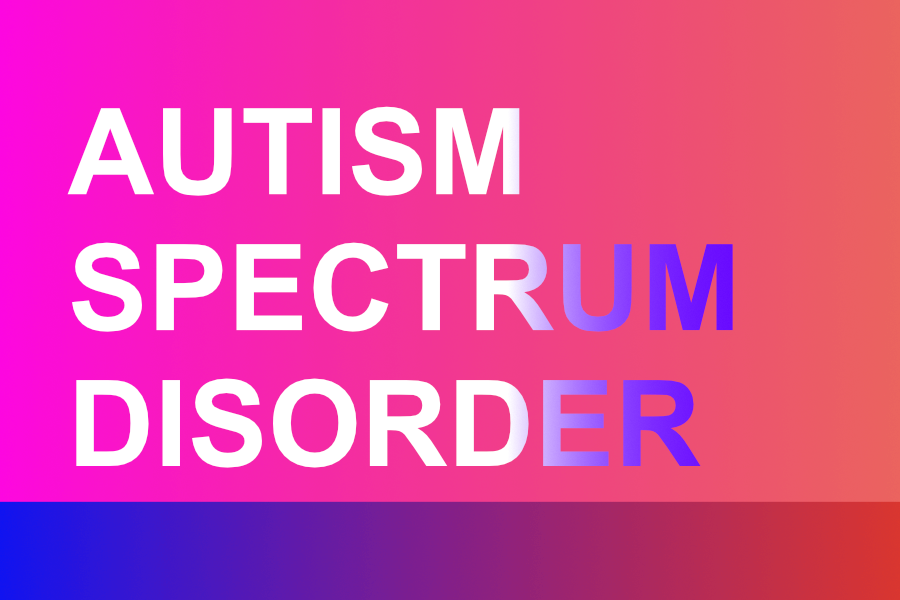Learn about Binge Eating
What is binge-eating disorder?
Binge-eating disorder (BED) is a type of eating disorder where a person eats a large amount of food over a short space of time. They may not be hungry when doing this, often resulting in physical discomfort, as well as feelings of shame and guilt. Often referred to as compulsive eating, the sufferer may have come to rely on food to mask or cope with feelings of distress. BED can affect a person both physically and emotionally and it is commonly associated with depression and anxiety.
There are certain feelings and behaviours associated with binge-eating disorder. If you are turning to food for emotional support, you may experience feelings of guilt, loneliness, sadness, low self-worth, stress and anxiety.
Feelings & Behaviours
It is common for people with eating problems to feel ashamed, or even embarrassed by their behaviours. They tend to be very secretive and, because of this, many people will not seek help early enough, if at all. Below we list some of the feelings and behaviours associated with binge-eating disorder.
- feelings of shame/guilt
- picking at food all day or eating large amounts at once
- eating until you feel sick or discomfort
- feeling sad or upset about your body, in particular if you are gaining weight
- feeling very low or worthless
- sensing a loss of control around food, even if you want to stop
- feeling stressed or anxious
- eating in private or hiding how much you’re eating
Binge-eating disorder (also referred to as BED), it is important for sufferers to know they’re not alone and shouldn’t be ashamed to ask for help.
What causes eating disorders?
Eating disorders are often developed and maintained in the context of psychological distress and difficulties and can represent the way in which individuals try to cope. Though the very definition of an ‘eating’ disorder implies a specific focus on food, food and nutrition are often not the key concern at the heart of an eating disorder. Instead, food becomes the medium through which feelings are expressed. The underlying psychological factors that produce the feelings can be complex and varied.
Pictures in the media and on tv can make us feel inadequate about our bodies and lead to eating and body image problems as we strive to achieve the perfect body. We may be affected in different ways. For example, men may start exercising obsessively to mould their body into the ideal shape while women might diet obsessively to reach size ‘0’. Whatever the method there is often an underlying problem of low self-esteem in people with an eating or body image disorder. However there is no one cause of an eating disorder. Rather, they usually arise when things such as stress, personality and the perceived expectations of others combine to create pressure on an individual.
What treatment is available?
Therapy can help with the recovery and management of an eating disorder in a variety of different ways. Some people may prefer ‘directive’ treatments that may involve homework such as keeping a food or reflective diary. In such instances, cognitive behavioural therapy (CBT) may be the most suitable therapy. Others may prefer to explore the past and process how they got to where they are. These clients may find psycho-dynamic, interpersonal, person-centred, or integrative approaches more useful. Likewise, if part of the client’s problems around food and eating have arisen in the context of strained or complicated family relations, family-based interventions may be a good option.
Your GP may recommend medication as either an alternative or to accompany other therapies. While there are no drugs that help specifically with eating disorders, antidepressants or medications for anxiety may be offered.
When used as an accompaniment to talking therapies, medication can be helpful. This isn’t the option for everyone, so be sure to discuss this with your doctor.
Trusted & Private Therapy
Our therapy and counselling services extend to both adults and children. We can work on an individual one to one basis, with couples, families and also groups. We provide a safe space in which you can share your problems as you gain a greater understanding of them. We help you to find ways in which you can either resolve or manage these issues better.
Glossary of Conditions

Anxiety
Anxiety refers to thoughts, feelings and physical sensations of worry or feeling under threat. Feeling like you are struggling to breathe or living your day-to-day life you may benefit from therapy.

Binge Eating Disorder
Binge-eating disorder is a disorder where a person eats a large amount of food in a short space of time. They may not be hungry when doing this, often resulting in physical discomfort.

Depression
Depression is a disorder involving a prolonged period of low mood and it affects people differently. Depression is more than just feeling sad it is a prolonged change in mood.

OCD
Obsessive-compulsive disorder is characterised by recurrent persistent thoughts that cause distress until the person performs ritualised behaviour.

Panic Disorder
Panic Disorder is an anxiety disorder and it occurs when you have a surge of intense fear that strikes suddenly and repeatedly without warning.

PTSD
Post traumatic stress disorder develops after having or witnessing a traumatic experience. This could be an accident, an assault or some forms of abuse.

Anger
It is important to recognise that anger is not necessarily a mental health problem. Everyone experiences the emotion sometimes. It is often a response to mistreatment or abuse.

Generalised Anxiety Disorder
Generalized anxiety disorder, or GAD, is a mental illness. It belongs to a group of illnesses called anxiety disorders.

Anorexia Nervosa
Anorexia nervosa involves a reduced food intake, below a person’s medical needs. Their mind will be very focused on eating habits to change your bodies size and shape.

Autism Spectrum Disorders
Autism spectrum disorders (ASD) are a set of conditions that influence the way a person takes in information. People with ASD’s can experience difficulties in communication.

Borderline Personality Disorder
Those who have Borderline Personality Disorder (BPD) suffer from recurrent, uncontrollable and difficult changes in mood.

Antisocial Personality Disorder
Those who have antisocial personality disorder display impulsive, irresponsible and risk-taking behaviour.

ADHD
Attention deficit hyperactivity disorder is a neurodevelopmental disorder often first recognised in childhood but it can be lifelong.